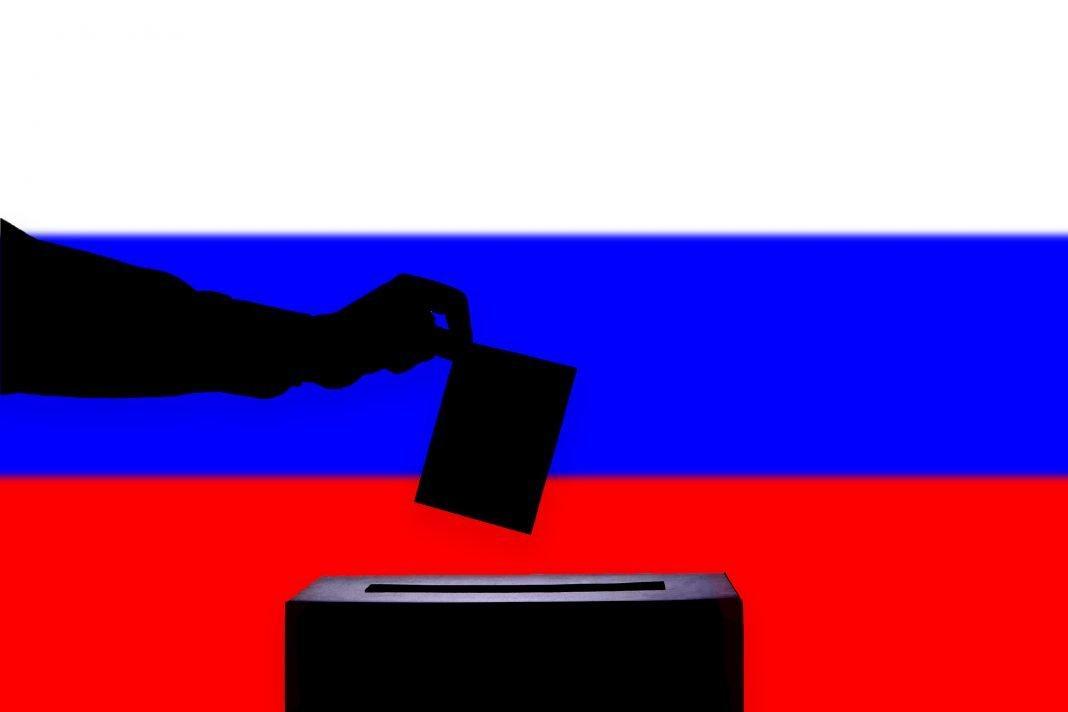In international election security news, the Libyan government arrested two men with ties to a Russian troll farm. They are accused of working to influence elections in Libya and various African countries.
Personal property seized from the suspects pointed to Fabrika Trollei, which according to a letter from the state prosecutor to a Libyan security chief, “specializes in influencing elections that are to be held in several African states.” The letter also alleges that the men secured a meeting with Saif al-Islam al-Qaddafi, the son of deposed dictator Moammar al-Qaddafi.
Libya had previously planned to hold elections this year, an initiative that was supported by the U.N. as part of the recovery process from the 2011 revolt. However, election plans have been disrupted by an April military offensive led by commander Khalifa Haftar who is focused on seizing the presidency. Haftar has received support from the U.A.E and Egypt, as well as from Russia.
The prosecution document named Maxim Shugalei and his translator Samer Hassan Seifan. A third Russian man, Alexander Prokofiev, escaped arrest but was named in the document. Three Libyans connected to the scheme have also been arrested. The ties to Fabrika Trollei is significant because of the organization’s connection to Russian oligarch Yevgeny Prigozhin, who was connected by special prosecutor Robert Mueller to Russian meddling in the 2016 United States presidential election.
Prigozhin has denied his role in election interference, but evidence suggests that his companies have been funding the efforts. The detained Russians also confessed their involvement in a campaign to influence elections in Madagascar. The accusations by the Libyan government point to a much larger Russian scheme to increase their geopolitical power in Africa and elsewhere, suggesting that Russian efforts to sway elections in their favor are expanding.










